Our General Dentistry Services
We provide an array of preventive and restorative solutions, such as:
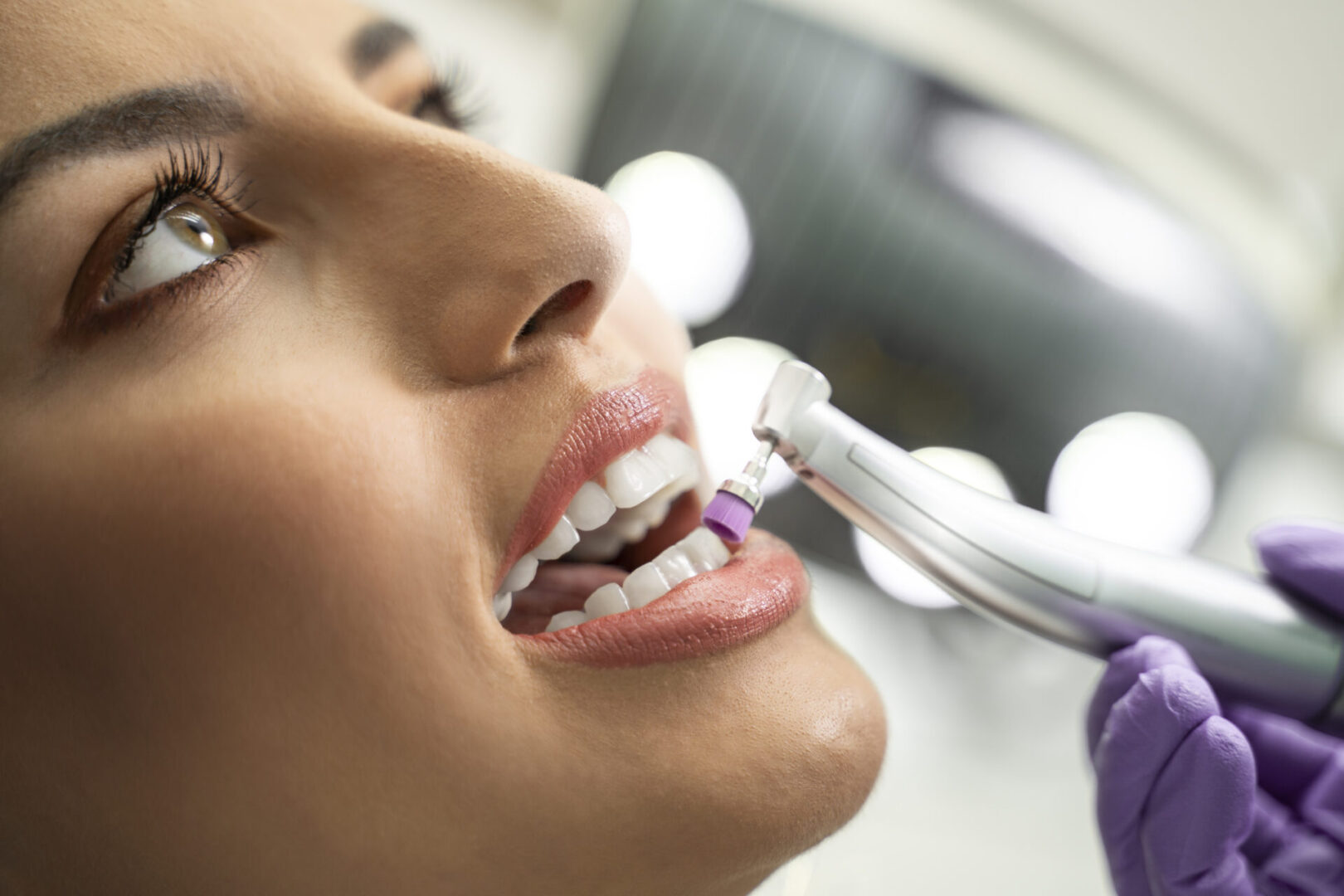
Are dental cleanings really necessary if you brush and floss well at home? Many people who are anxious or uncomfortable during dental appointments may ask themselves this, but the answer is that professional cleanings can be one of the best ways you can prevent dental problems.
Routine care dentistry is diagnostic and preventative in nature. Periodic exams and cleanings are typically recommended every six months. However, the frequency of preventative treatment can vary according to your oral health status and known risk factors.
Dr. Aghbashian uses examination results to collaboratively treat your unique oral health condition(s) and guide future preventative care.
At Aghbashian Dental we devote significantly more chair time for routine care exams and cleanings than other dental practices. We’ve learned through years of serving the community that this attention to detail provides increased quality of care, better overall long-term oral health outcomes and your peace of mind.
Call our office today to schedule for your checkup and cleaning appointment today! (818) 242-8892
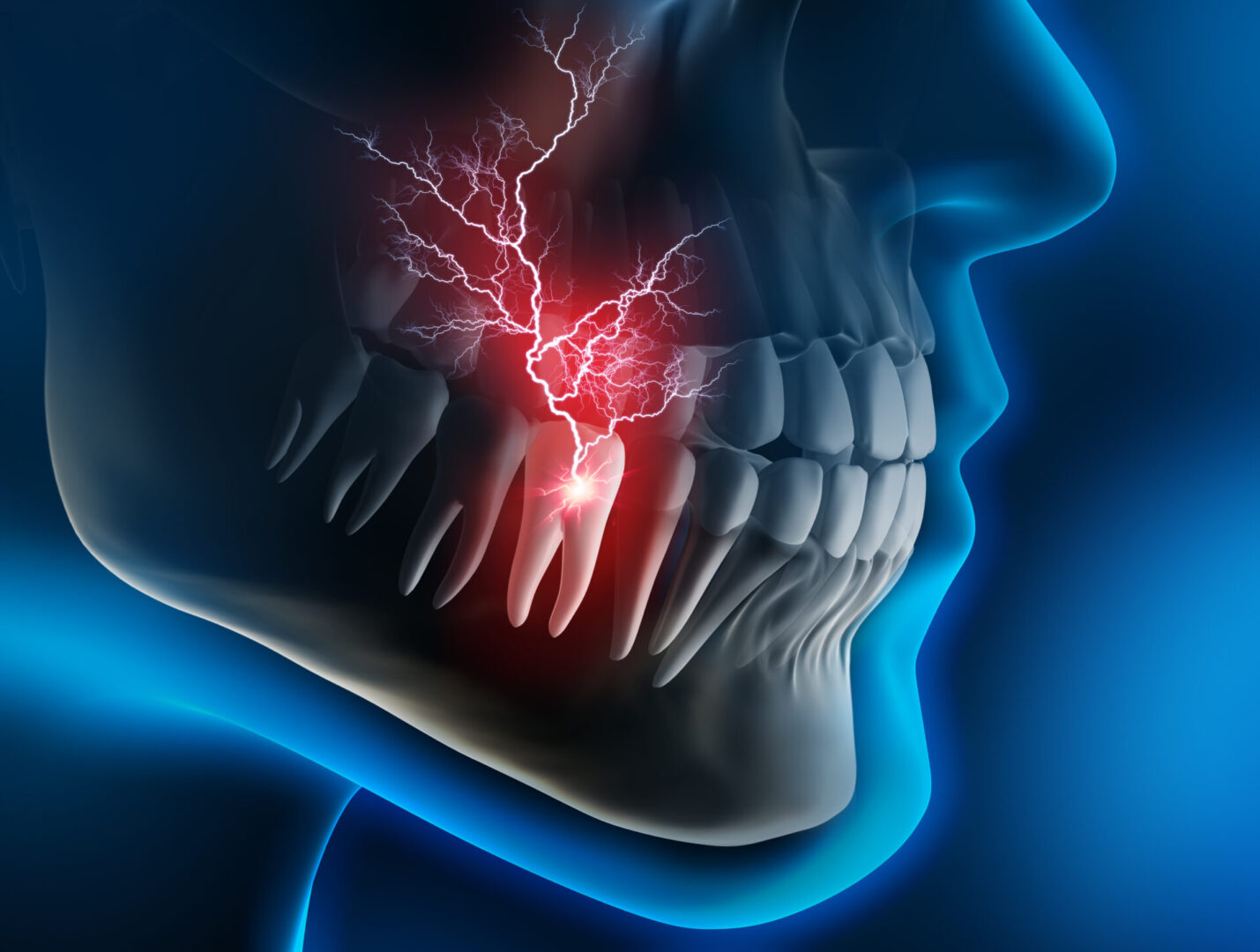
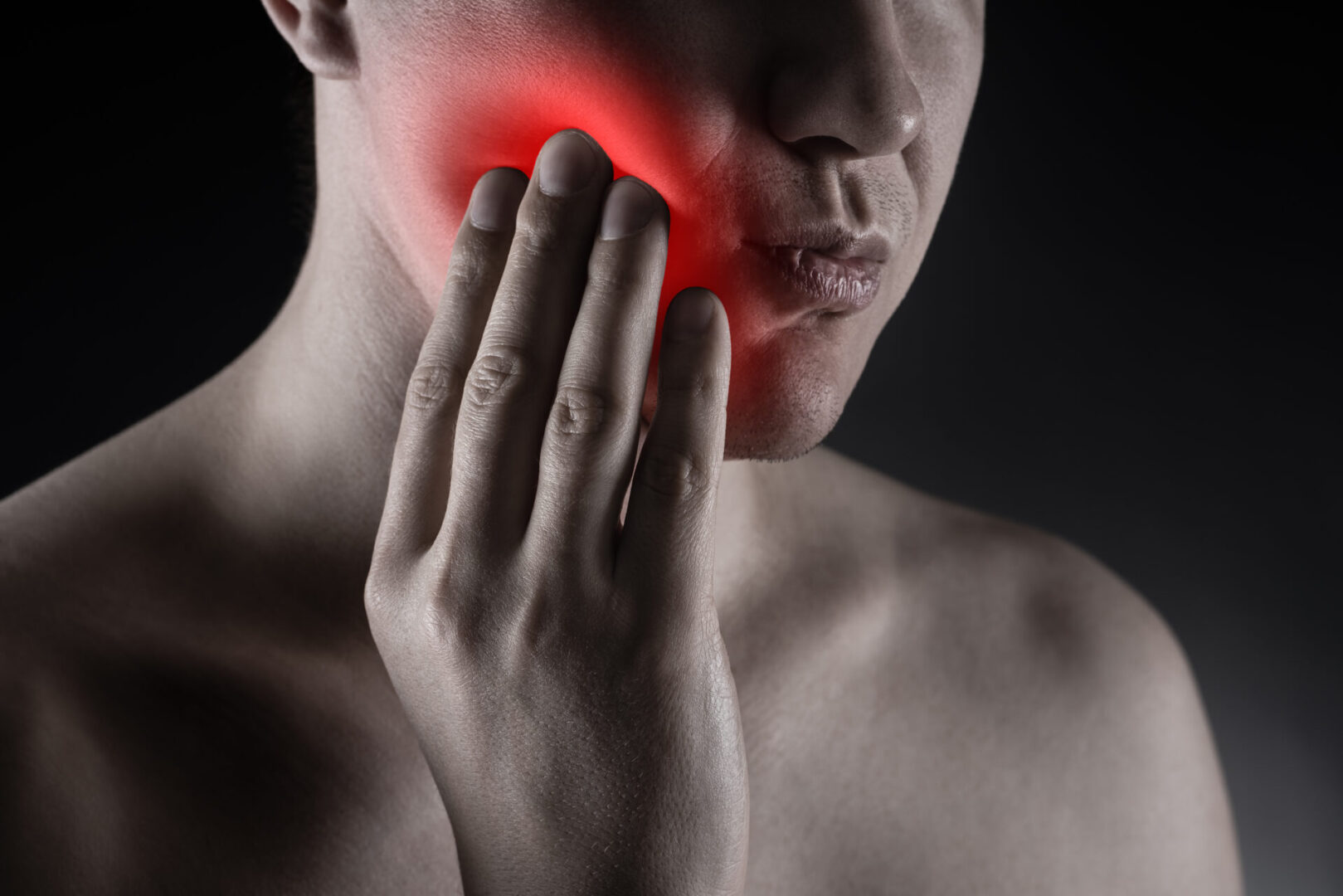
When it comes to dental emergency, our providers are exceptionally well trained to manage the conditions that require immediate attention to relieve severe pain and/or risk of infection and to alleviate the burden on hospital emergency departments.
Our 24/7 emergency
Schedule Today by Calling (818) 242-8892
The following are some of the conditions which require an urgent appointment scheduling
- Severe dental pain from pulpal (tooth nerve) inflammation
- Severe inflammation of painful third-molar (wisdom tooth infection)
- Surgical post-operative osteitis, dry socket (inflammation of the tooth socket after extraction)
- Tooth, gum, and jaw abscess, or localized bacterial infection resulting in localized pain and swelling
- Tooth fracture resulting in pain or causing soft tissue trauma
- Dental trauma with Knocked out tooth
- Dental treatment required prior to critical medical procedures
- Final crown/bridge cementation if the temporary restoration is lost, broken, or causing gingival irritation
- Biopsy of abnormal tissue
Need help financing your emergency dentist visit? Click to learn more and call for an appointment today! (818) 242-8892
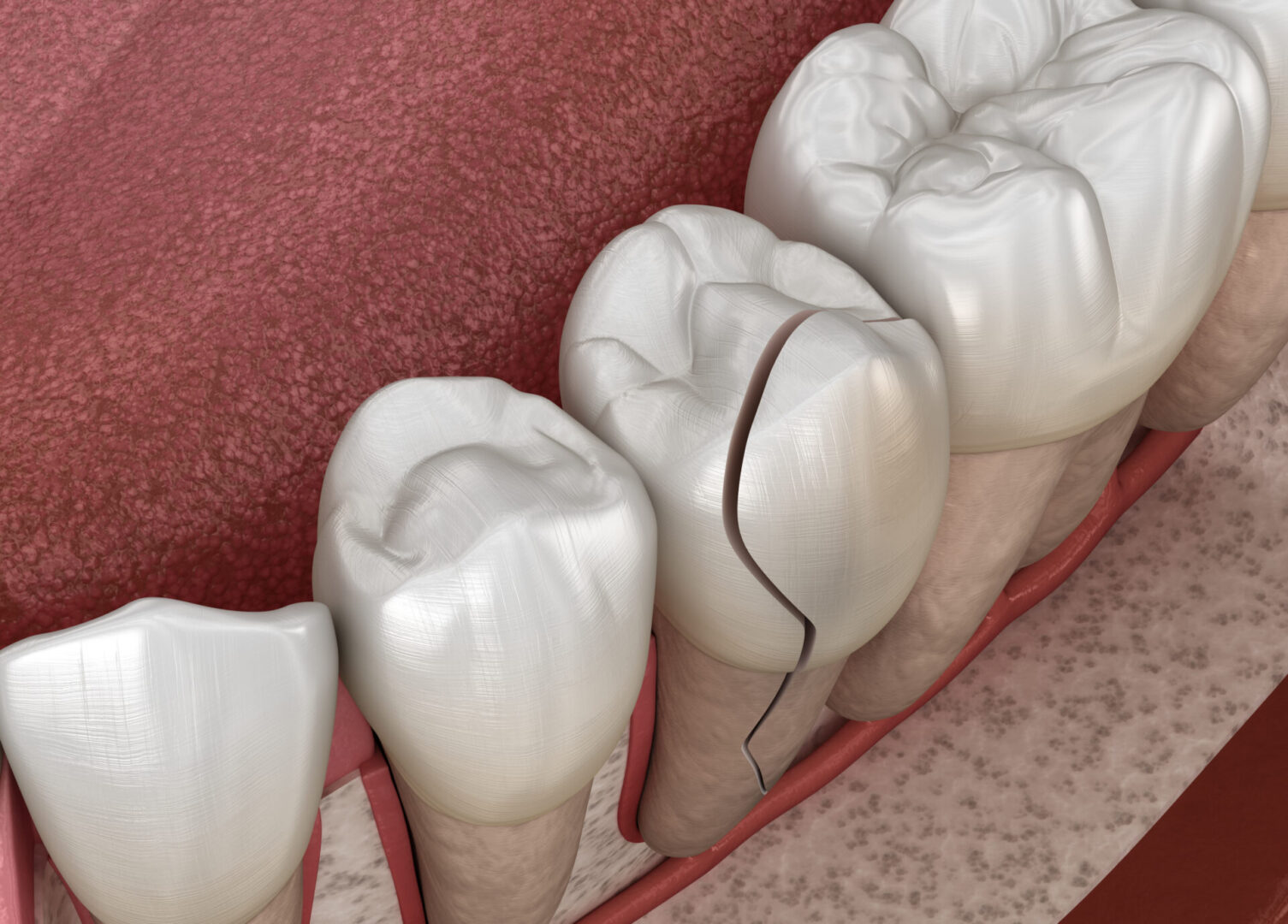
Whether it’s Front or back tooth, a broken or cracked tooth is one of the common causes of toothache. A crack in the tooth will separate the tooth structure and can expose the inner tissue (dental Pulp).
A crack tooth enquires an urgent dental visit to help controlling the pain and hopefully saving the tooth.
Our providers will evaluate the tooth and try to treat it to prevent further damage.
The crack tooth treatment usually is considered one of the biggest challenges in the dentistry.
It mainly depends on how extensive the damage is and whether there is any pain involved.
There are many factors that might determine the course of treatment (Tooth type / history / age / the direction of the crack as well as the radiographically findings, if any.
With our exceptional 24/7 emergency service, Dr. Aghbashian and his team will always be available to help you and your families, and to provide you with emergency dental care, when needed.
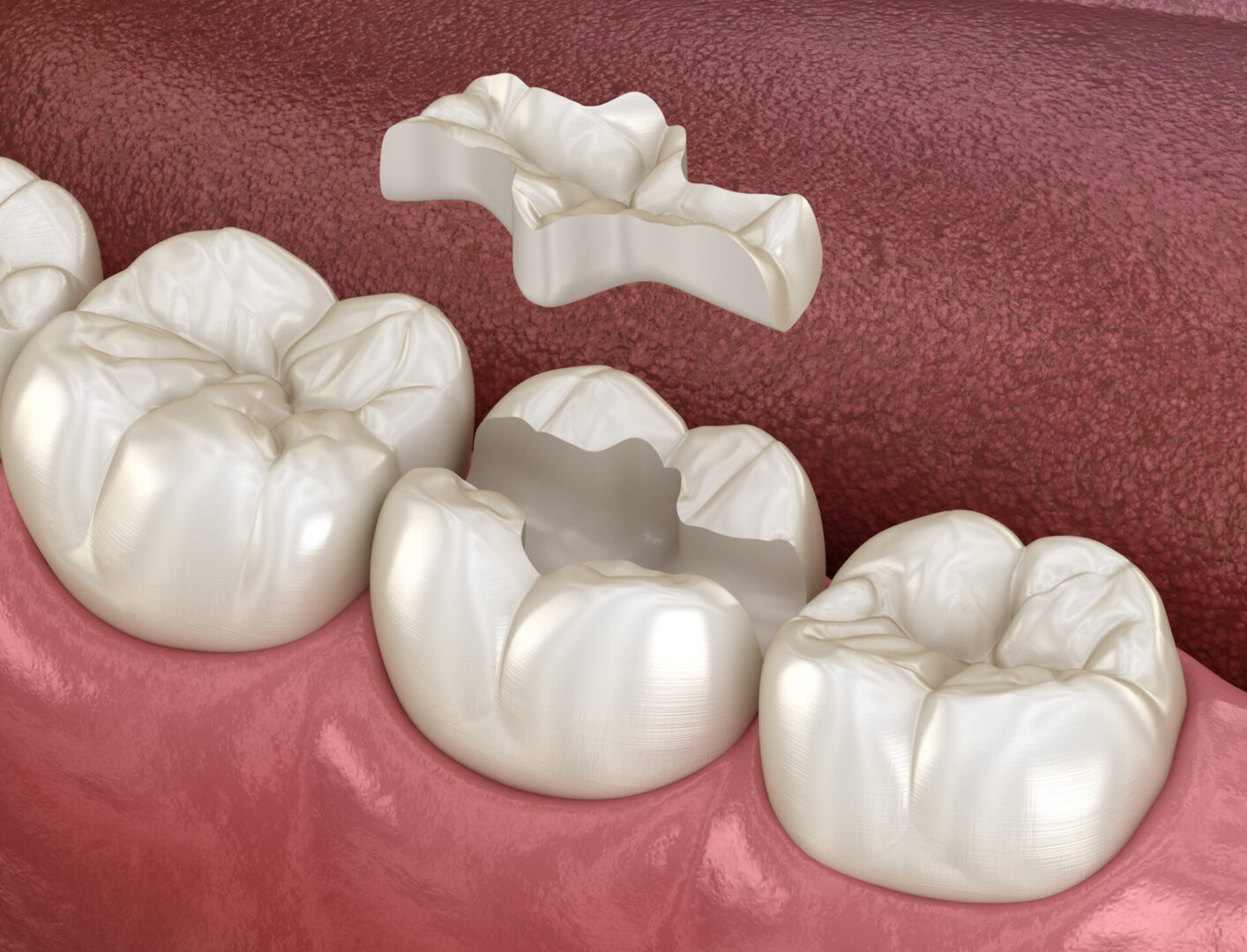
When more than half of the tooth’s biting surface is damaged, a dentist will often use an inlay or onlay. Inlays and onlays can be made of porcelain, gold, or composite resin. These pieces are bonded to the damaged area of the tooth. An inlay, which is similar to a dental filling is used inside the cusp tips of the tooth. An onlay is a more substantial reconstruction, similar to the inlay but extending out over one or more of the cusps of the tooth.
In recent years porcelain has become increasingly popular due to its strength and color, which can potentially match the natural color of your teeth.
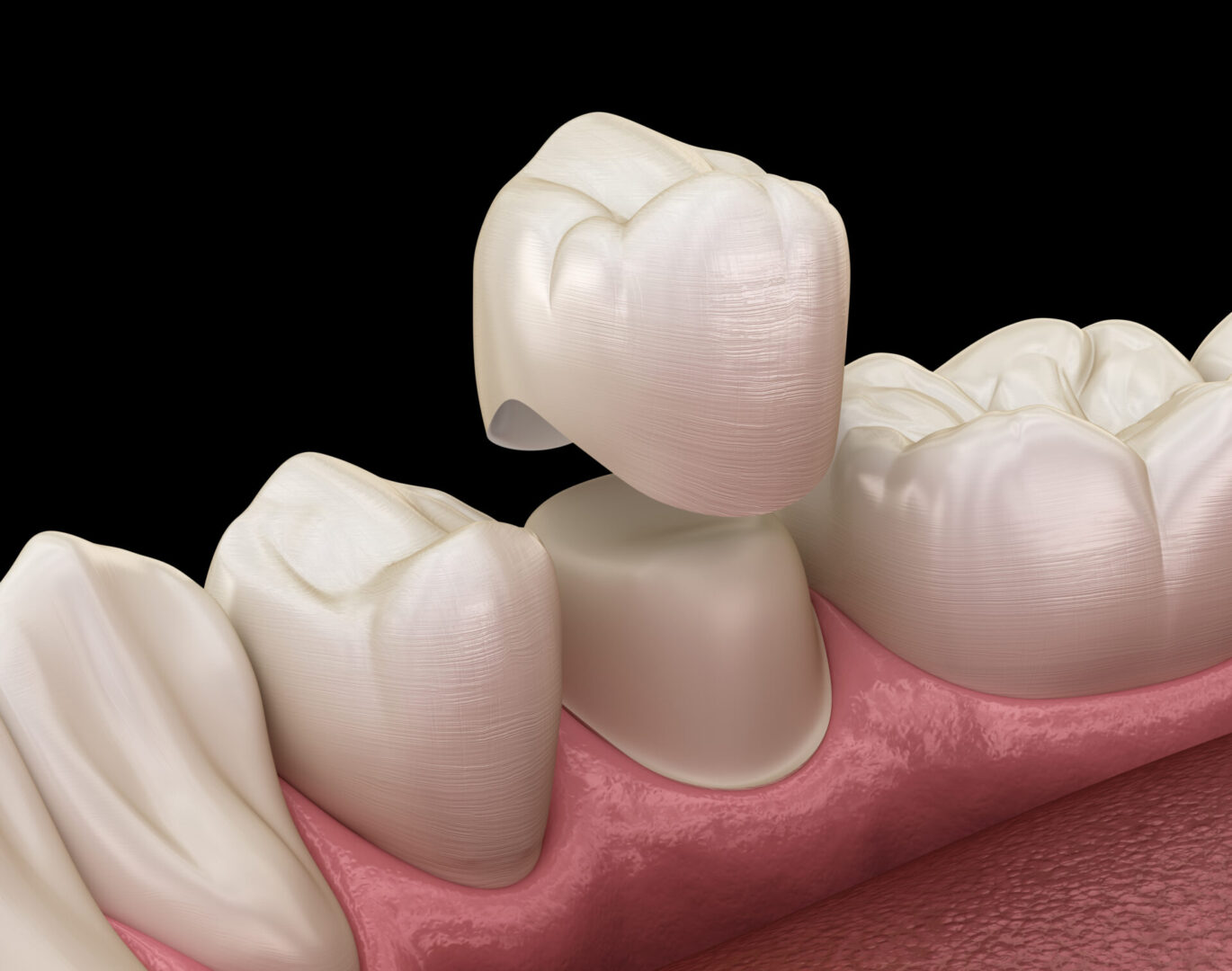
A crown is a protective covering that restores and improves the tooth’s appearance while also shielding and strengthening it. Permanently fixed in place, your crown will last for many years.
Your dentist may prescribe a crown if you’ve had a very large filling or a root canal. A crown may also be used to hold a dental bridge in place or as a realistic replacement tooth with an implant. When teeth are misshapen or badly discolored, crowns (also known as caps) can make a big difference in improving your appearance.
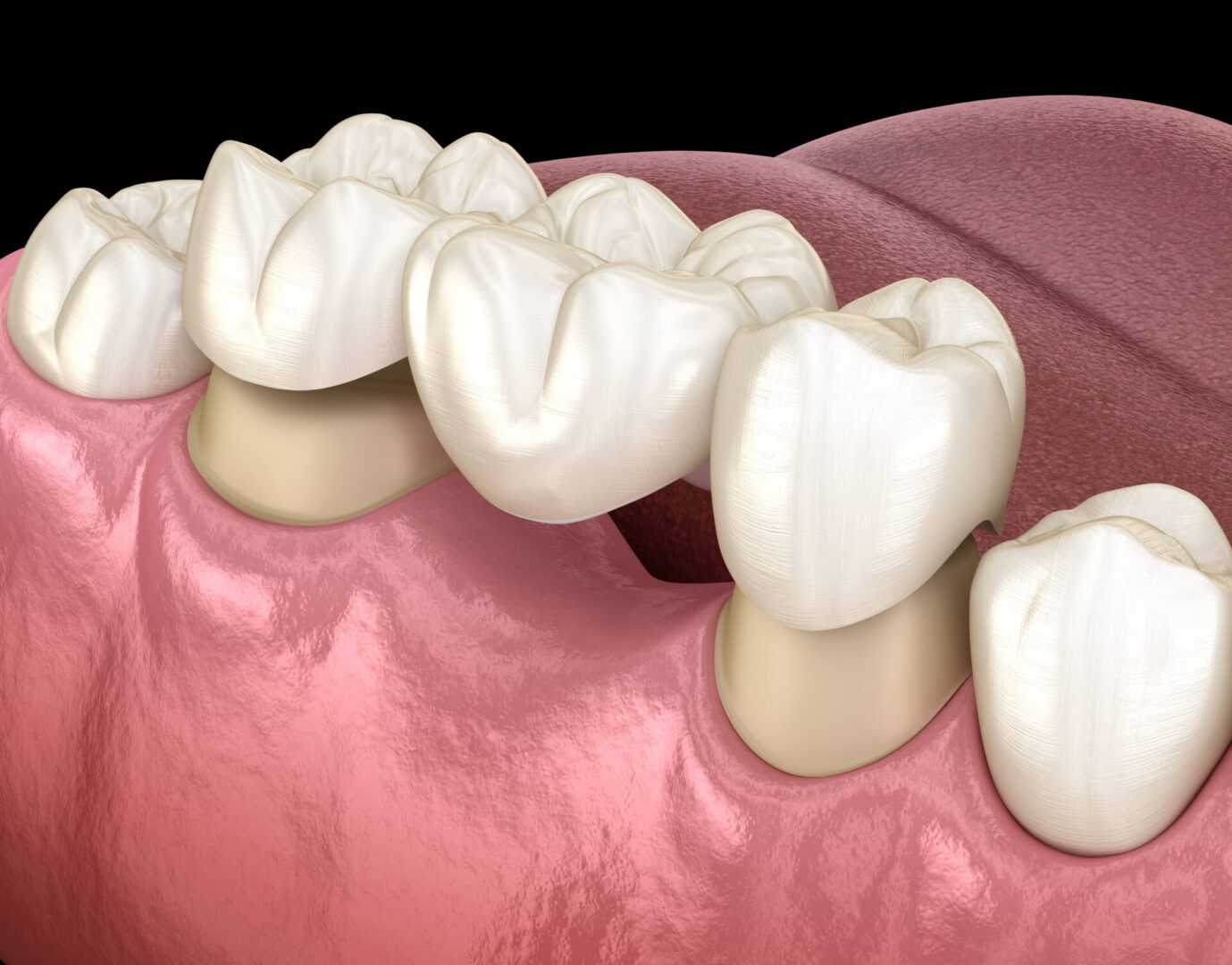
Today, with advanced materials and state-of-the-art techniques, crowns are custom-made to be both durable and lifelike. Although there are several types of crowns, porcelain (tooth-colored crown) are the most popular, because they resemble your natural teeth. They are highly durable and will last many years, but like most dental restorations, they may eventually need to be replaced. Porcelain crowns are made to match the shape, size, and color or your teeth giving you a natural, long-lasting beautiful smile.
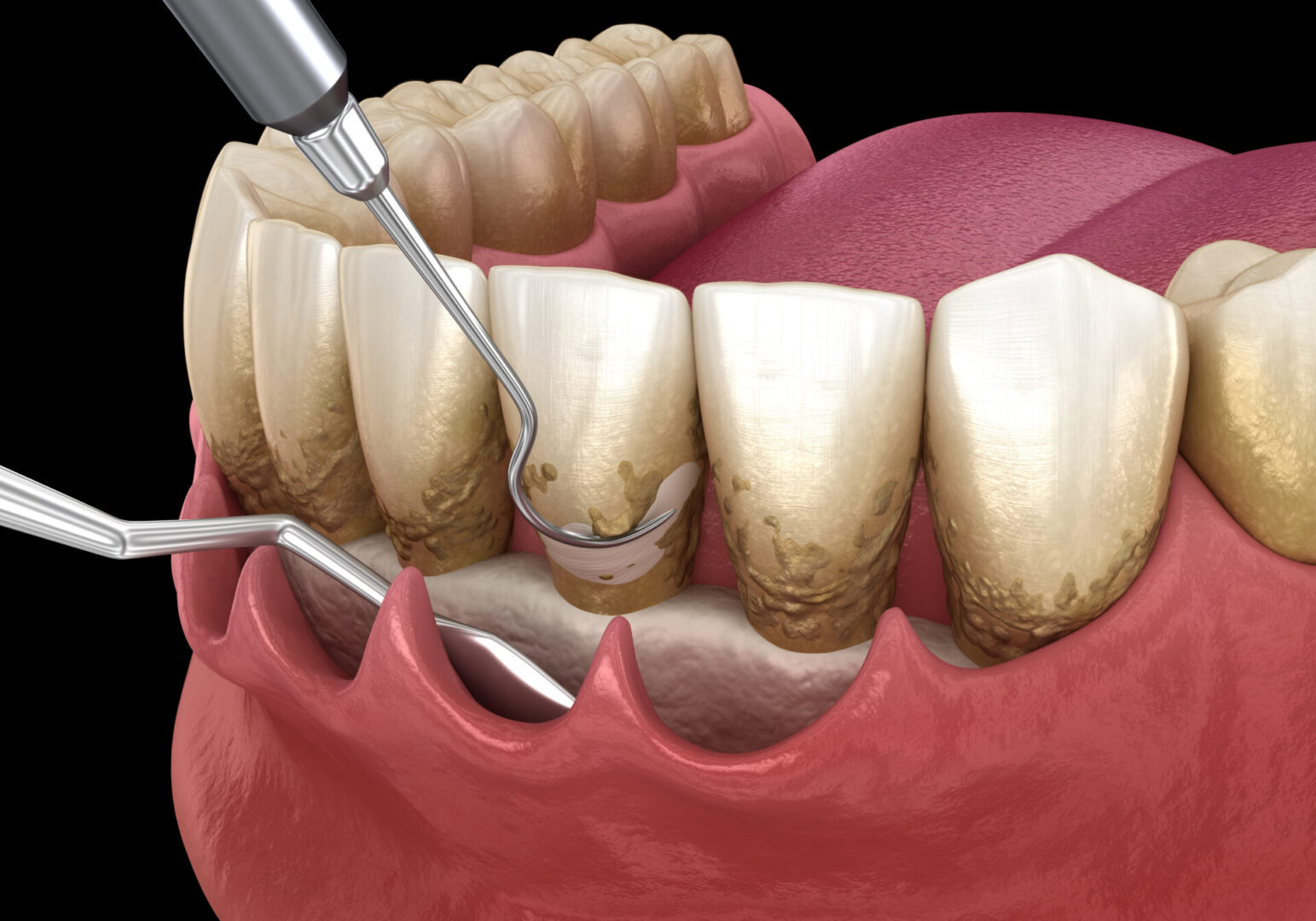
Gum disease is caused by oral bacteria building up between your teeth and gums. This bacteria slowly attacks the gum tissue and begins to infect and destroy it. The first stage of periodontal disease is called “gingivitis”, and during this stage, the damage to your teeth and gums is typically reversible with proper care and oral hygiene.
“Periodontitis” is the second stage of gum disease. At this stage, some permanent damage may have been done to your teeth and gums, but the progression of the disease can still be halted. “Advanced periodontitis” is the final stage of the disease. Once the disease progresses to this point, you may require invasive oral surgery to restore your dental health, such as extraction and tooth replacement with dentures or implants.
Recent CDC study estimated that 47.2% of all American adults aged 30 years or older —that’s 64.7 million people—have some form of gum disease. Many of them don’t even know it.
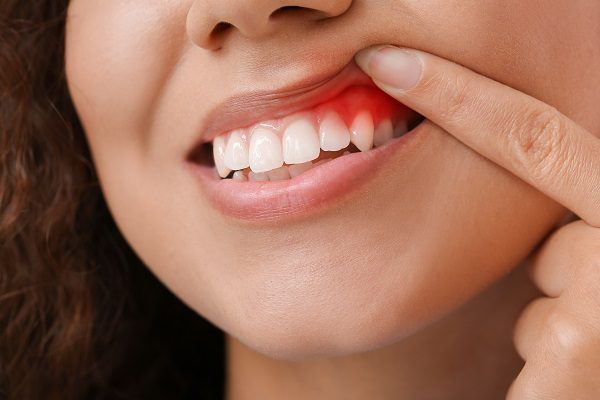
The statistics are alarming, but there’s good news. If detected early, gum disease is reversible— which is why it’s vital to see your dentist regularly. Gum disease can only be detected via a comprehensive dental exam performed by a dentist or hygienist. Once the disease begins, your dental professional is the only one who can halt and reverse its progress.
Following detection and diagnosis of the gum disease, the treatment phase will take place.
Treatments vary from person to person, but in most cases, surgery is unnecessary. One common non-surgical treatment is scaling and root planing sometimes called periodontal cleaning or deep cleaning. This involves numbing the mouth, then scraping away plaque from the tooth and its root.
In the case of advanced periodontitis, surgery may be required.
It doesn’t matter whether your gum disease is just beginning or in its advanced stages—our skilled providers can help you with a personalized treatment plan.
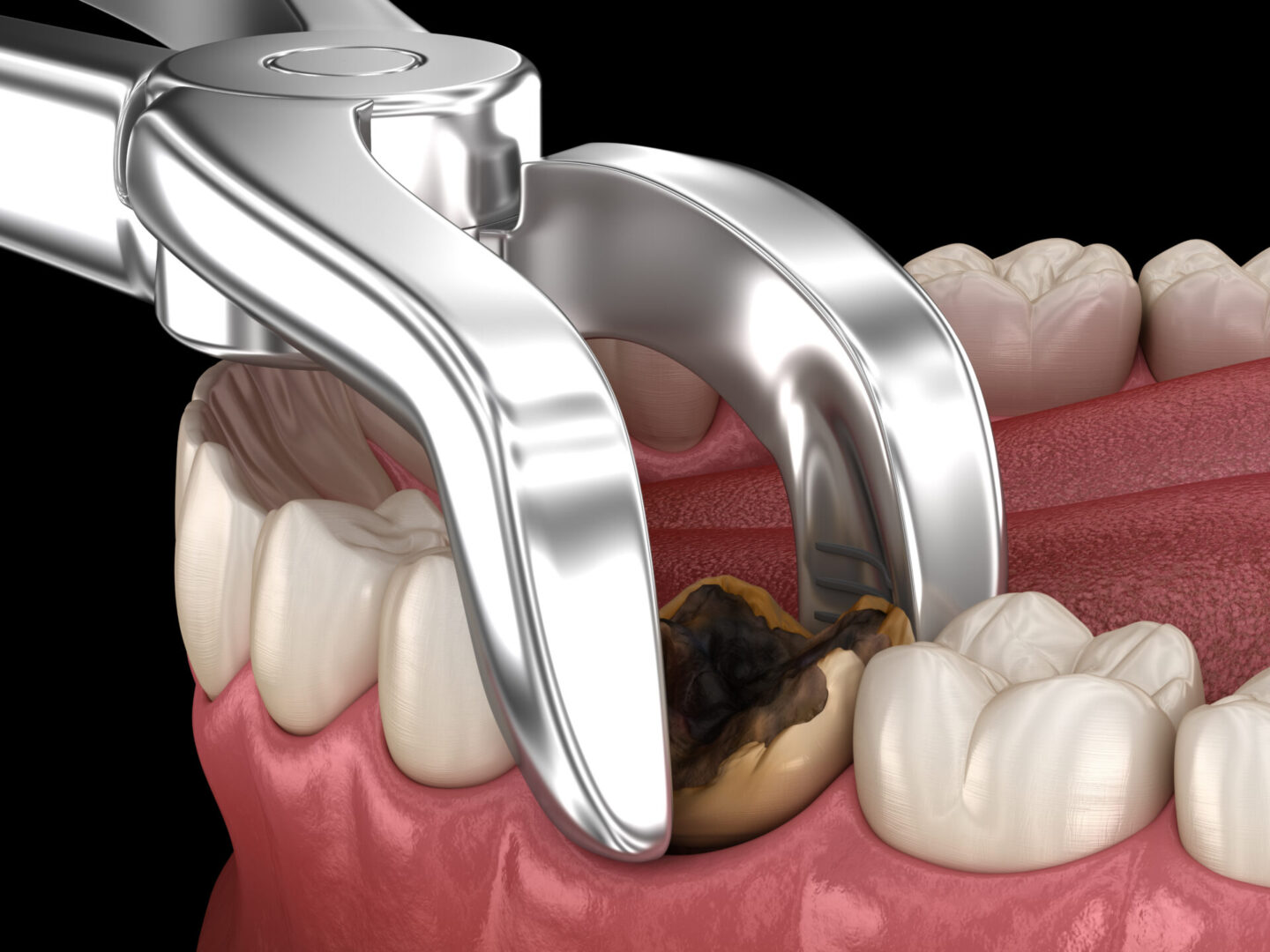
Tooth extractions are necessary for several different reasons, including when a tooth has suffered from decay or damage that makes it beyond repair.
It’s crucial to schedule tooth extractions as soon as they become necessary because if crowded, damaged, or infected teeth are ignored, they can cause a threat to adjacent teeth, nerves, and the jaw because of misalignment.
Dental extractions were once a very common way of treating dental health problems in the past, resulting in few people expecting to keep their teeth throughout their lives. Today, advances in dental techniques and technology allow us to prevent dental problems quicker and preserve smiles for a lifetime. However, dental extractions still play an important role in dentistry.
Our modern techniques and expertise help the procedure go smoothly and speed up the healing process. When a tooth needs to be removed, you can depend upon us for skilled, experienced care with a comforting touch. If you feel anxious or uneasy about having a tooth removed, we offer gentle sedation to help you through. For more involved tooth extractions, such as wisdom teeth, we can have our team board-certified specialist to treat you.
No matter how critical your dental situation is, you can count on our gentle and experienced dental team to provide pleasing results! Call today! (818) 242-8892
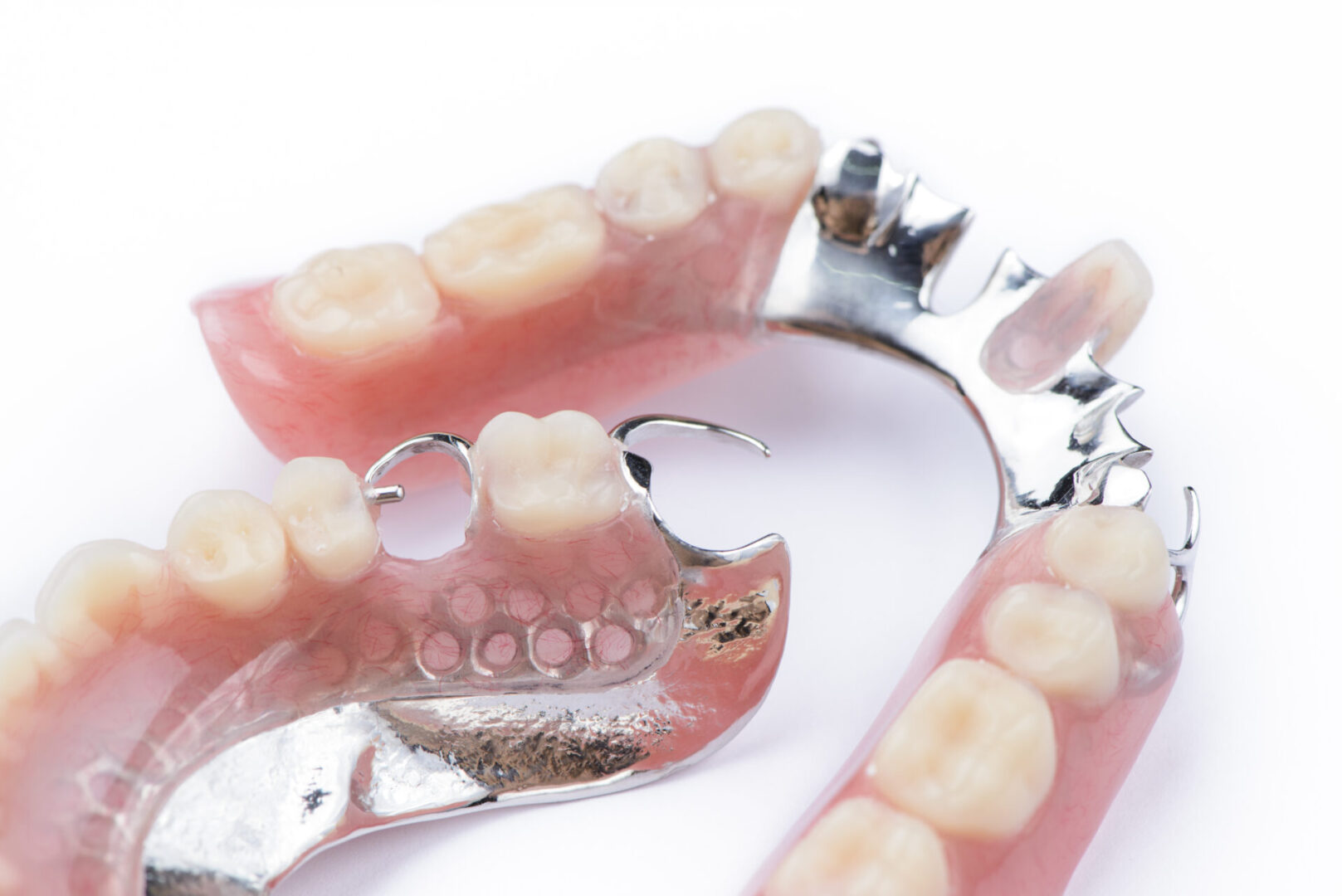
Are you suffering from missing teeth? Tooth loss can be quite frustrating and can make it hard to eat what you want, smile, and talk. Yet, tooth loss does not have to define you.
If you are missing just a few teeth. Partial dentures consist of prosthetic teeth attached to a frame. The frame has clips or precision attachments that secure it in place using other teeth for stability. This can be a great option for patients who do not want or are not candidates for dental bridges or Implant restoration.
When all your teeth have been lost or are at loss, full dentures may be the answer. Full dentures include a complete set of prosthetic teeth attached to a base that is designed to fit over your gums.
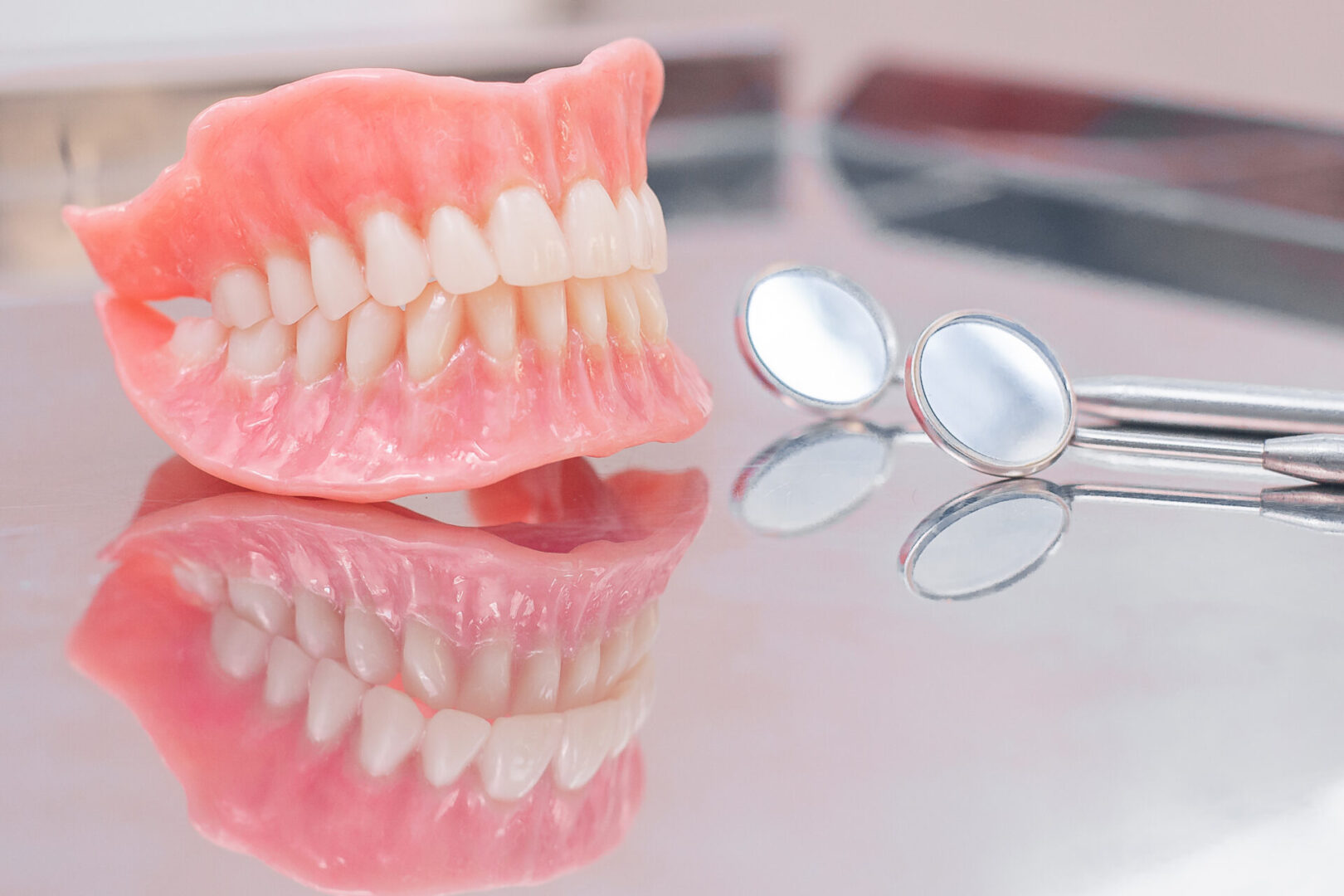
This base keeps the dentures in place and must be fit precisely to the contours of your mouth. Dentures can also be supported by dental implants. Some types can be placed immediately after dental extractions, while others must wait until the tissues have healed. Our dentists will help you decide which type will work best for you.
Once you have your new dentures, wear them exactly as recommended. Once you have adapted to your new dentures and the fit is flawless, keeping up with good dental habits will ensure the best results. Practice good dental hygiene by brushing your dentures as directed and soaking them when you are not wearing them. You will also need to brush your gums and tongue to remove plaque and bacteria.
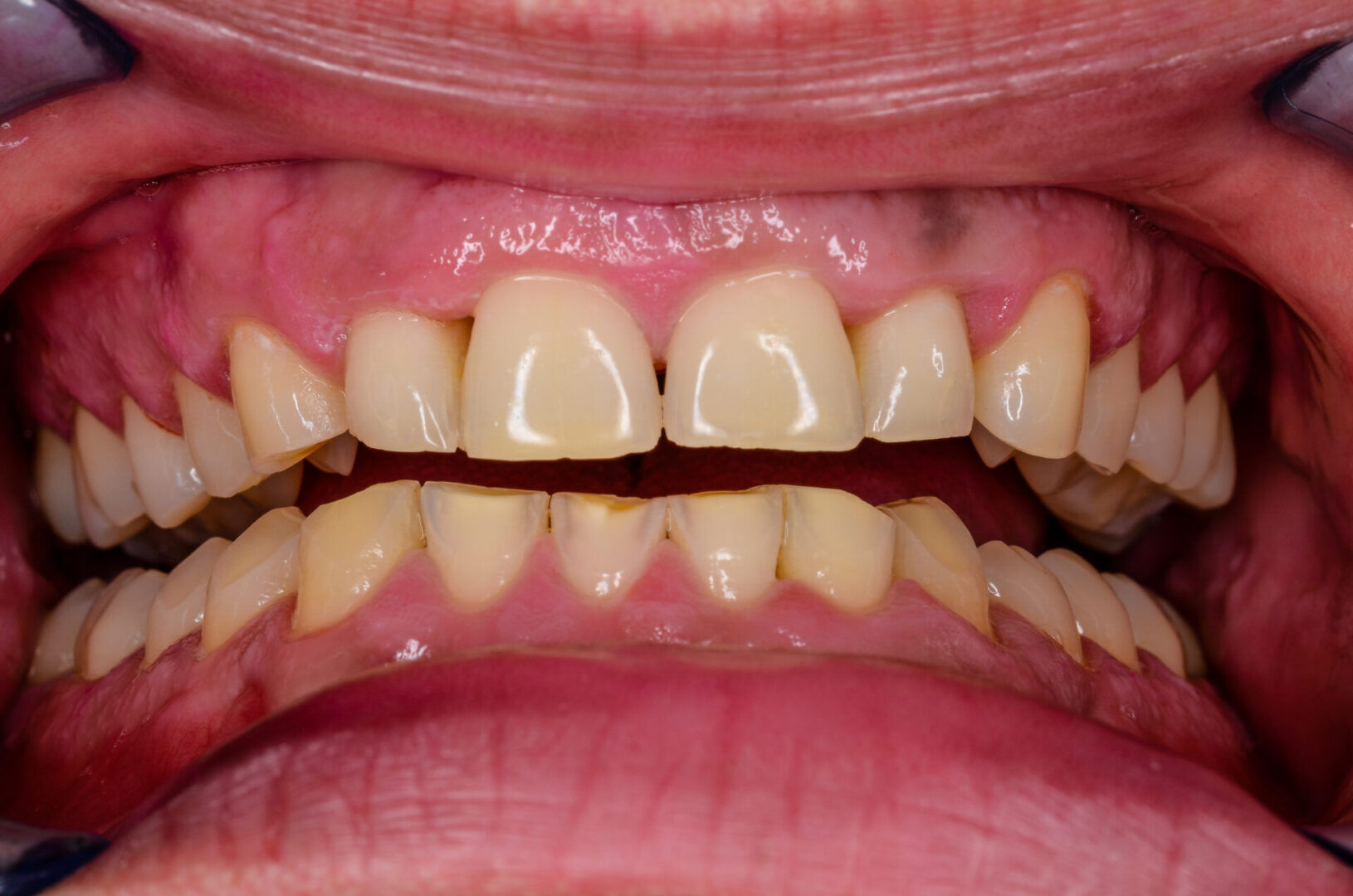
An overwhelming segment of the patients we see who report pain from dental disease and conditions- whether it’s a decayed tooth, lost or broken fillings to TMD (Temporomandibular Disorder) stem from chronic grinding and clenching. Chronic grinding and clenching over the span of years compounds damage making prompt intervention absolutely essential.
Misshaped teeth, a poor bite (also called malocclusion), and other bite abnormalities can cause grinding and clenching to worsen.
The condition will continue to worsen over time without professional intervention and has been shown to be associated with sleep apnea.
It’s not always possible altogether eliminate deeply ingrained grinding and clenching habits. With this in mind, a more realistic and attainable goal (after other treatments prove unsuccessful) for such patients is to concentrate on mitigating the damaging effects of the condition will eventually bring to the teeth and supporting structures.
For treatment, Dr. Aghbashian has numerous modalities, including but not limited to:
- Appliance therapy (Occlusal Guard, NTI Appliance)
- Behavior modification
- Bite adjustment
- Orthodontic evaluation and treatment
Meanwhile, few tips can help Curbing Grinding and Clenching:
- Stress management excises (Eliminating stress and practicing meditation)
- Reduce Caffeine Intake
- Assessing whether prescription medications and other drugs could be a contributing factor or chief cause (prescription stimulants and caffeine are common culprits)
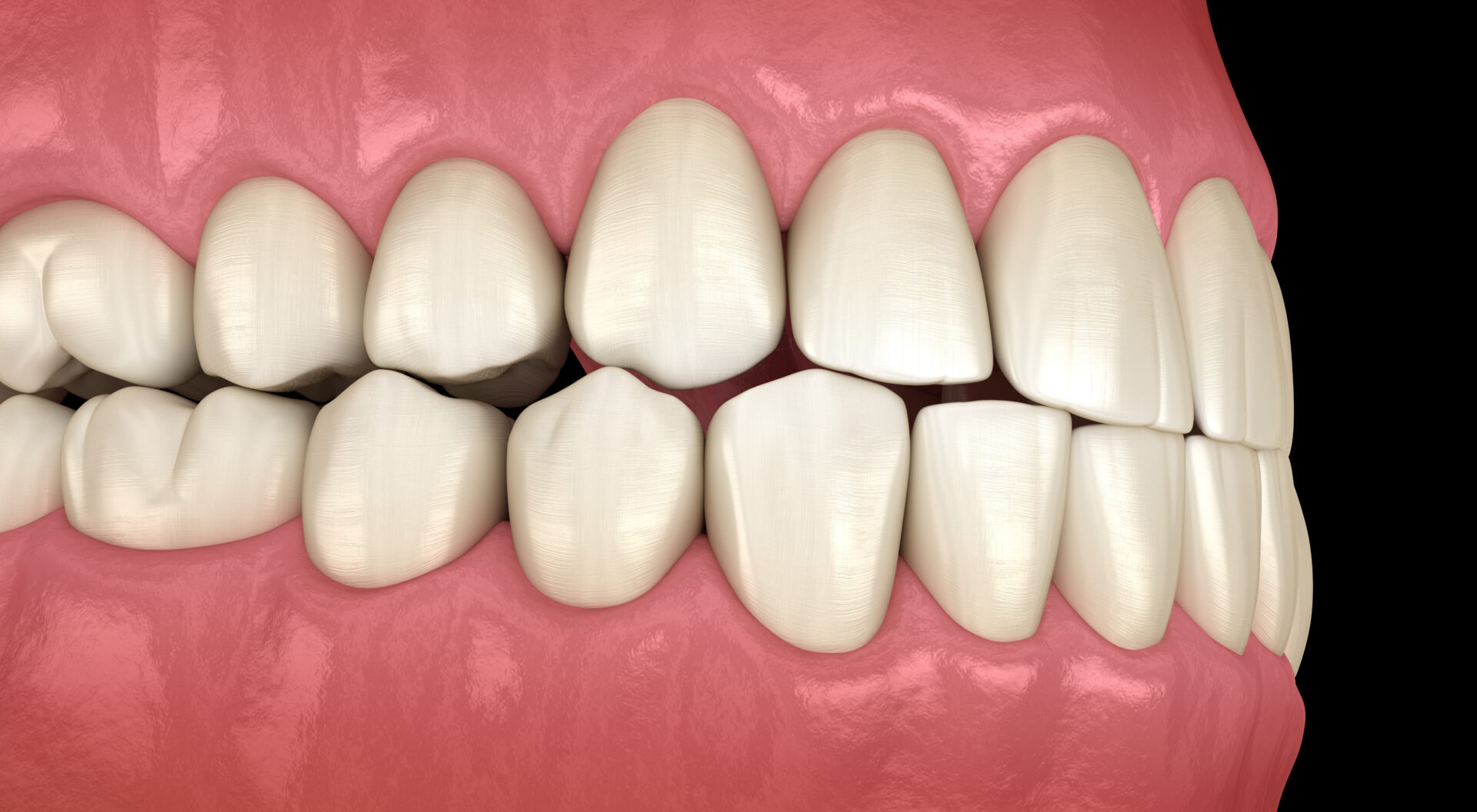
Occlusal equilibration is planned alteration of occlusal surfaces of the teeth to provide stable jaw relationships and removes interferences from your teeth, thus treating a bad bite, misaligned or/and crooked teeth, certain types of malocclusion, and other dental problems. You may need bite adjustment if your teeth don’t close properly because it can lead to several other complications, such as chronic pain, Tempo mandibular Dysfunction or bruxism.
At our bright office we look for signs of misaligned teeth and crooked teeth during regular dental checkups. If you have misaligned teeth, our dentist will recommend the ideal occlusal adjustment procedure for your needs. Please continue reading to learn more about occlusal adjustment equilibration at Sapphire Smiles.
